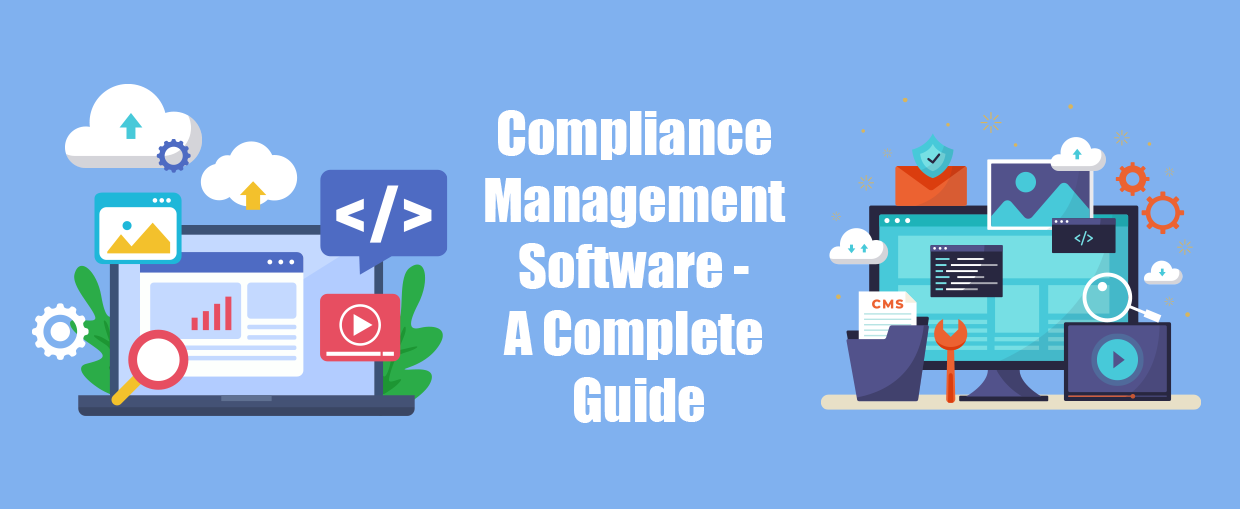As a business owner, you will know about the sticky situation of Magento vs Shopify. You understand how important it is to select the ideal ecommerce platform for your organization. When there are so many options for custom website development, it might be challenging to make a decision.
Magento (currently known as Adobe Commerce) and Shopify offer unique ecommerce store experiences with major variations in many areas. They are suitable for various organizations based on their individual requirements and nature with the support of competent ecommerce development services.
Before fixing which ecommerce platform is best for a business, it is necessary to carefully weigh the various aspects of it along with software quality assurance. So, let’s compare the Magento vs Shopify scenario to help you decide which platform is suitable for your ecommerce website.
An Overview of Magento vs Shopify
Adobe Commerce (Magento) is an open-source ecommerce platform with comprehensive functionality and scalability geared toward larger-scale enterprises and organizations. The platform provides a dynamic environment, allowing businesses to tailor their digital storefronts to meet their specific needs with the help of an expert software development company.
Shopify is an online ecommerce platform that enables the creation of online retail sites. The platform supports enterprises of all sizes, including small-scale startups and major corporate entities. It has an easy-to-use interface and a wide range of pre-installed capabilities.
Magento vs Shopify: Why It Is Important to Choose the Right Ecommerce Platform?
The ecommerce platform chosen by businesses for professional custom website development has a direct impact on the online store’s performance, user experience, and overall success. Let’s look at a comparison to identify the key differences between Magento (Adobe Commerce) and Shopify. This can help you choose the ideal platform that meets your business needs.
1. Pricing
Adobe Commerce: To obtain pricing information for Magento (Adobe Commerce), consumers must contact the company directly. Prices are estimated to start from $1,800 per month.
Shopify: Shopify offers consumers to get started for $29 invoiced every 30 days for three months, and then choose any Shopify package according to their needs.
2. Template & Design
Adobe Commerce: The page builder app integrates seamlessly with extensive customer segmentation resources for you to customize your content to your target audience’s unique needs and preferences. Additionally, the AI-powered product recommendation engine automatically recommends the right products to improve the shopping experience and increase conversion rates. You can get started with this part by partnering with a capable software development company.
Shopify: The online web builder provides impressive layouts customized to diverse industries. Users can easily create professional websites with designs tailored to their individual business needs.
3. Transaction Fees
Adobe Commerce: Information on transaction fees for Adobe Commerce can only be obtained by directly contacting the company.
Shopify: You will get 0% on all plans if you only Shopify Payments. If you use an external payment gateway, the transaction costs are 2% for Shopify Lite and Basic, 1% for Shopify, and 0.5% for Advanced Shopify.
4. Mobile-Friendliness
Both platforms are highly mobile-friendly. Along with the development side, you should also consider opting for efficient software quality assurance services.
5. Integrations
Adobe Commerce: When considering Magento vs Shopify, users may browse over 3,600 native integrations available on the Adobe Commerce Marketplace. They provide ecommerce enterprises with seamless interactions and enhanced functionality.
Shopify: Users have access to over 3,200 applications accessible on the Shopify App Store, which cater to a wide range of business needs as well as enhance ecommerce experiences. This can also aid you when you hire developers with industry-acclaimed expertise.
6. Customer Support
Adobe Commerce: Adobe Commerce provides 24-hour access to a live representative. Other support solutions include email or help desk, chat, frequently asked questions (FAQs) or forums, and a knowledge base for users/software development companies.
Shopify: Shopify Lite provides 24-hour live chat and email support. All other plans provide 24-hour live chat, email, and phone assistance.
Magento (Adobe Commerce) vs Shopify: Pros and Cons
As per statistics, both platforms are used for their specific traits. Here’s an overview of the pros and cons of both platforms to bring you more clarity.
Adobe Commerce
Pros
- Extremely configurable and flexible to help ecommerce development services
- Suitable for big enterprises with sophisticated product catalogs
- An extensive host of features and functions
- Highly efficient SEO capabilities for custom website development
- Self-hosted, providing control over server configurations
Cons
- Technical skills are necessary for setup, management, and software quality assurance
- Greater development and maintenance expenses
- Beginners will experience a steeper learning curve
Shopify
Pros
- Effortless to use as well as suitable for beginners
- When considering the Magento vs Shopify scenario, Shopify has rapid setup and deployment
- Backend management is user-friendly
- Server upgrades and maintenance are hassle-free
- Ideal for small to medium-sized businesses
Cons
- Customization possibilities are limited when compared to Magento (Adobe Commerce)
- Certain pricing plans have transaction fees
- Scalability may be limited for bigger enterprises and software development companies
Which Is Good for You: Adobe Commerce (Magento) or Shopify?
Making a decision for Magento (Adobe Commerce) vs Shopify is based on your company’s unique demands and scalability. Here are some factors to consider depending on the type of business:
Small Businesses
Shopify may be a better option if you run a small business or a startup with minimal technological resources. A Shopify ecommerce development services provider can help you set up your store quickly and easily. Beginners will benefit from Shopify’s user-friendly features, pre-designed templates, and active support community.
Large Businesses
Adobe Commerce (Magento) may be the best solution for larger organizations and corporations with complicated product catalogs, specific needs, and a high demand for scalability. It has solid features and flexibility, but keep in mind that it needs more technical skills and early expenses. You can solve this with the help of a custom website development and software quality assurance expert.
Startups
Shopify may be more tempting because of its simplicity, rapid setup, and inexpensive initial spending. As your business expands, you may reassess the platform’s viability and consider switching to Adobe Commerce (Magento) if you want more extensive modifications and functionality.
Winding Up
The Magento vs Shopify scenario still stands. But both platforms enable business owners to create and sell their products online. Shopify is the preferred platform for first-time entrepreneurs with a minimal budget due to its simplicity and ease of use. Magento (Adobe Commerce) is designed for businesses of all sizes that appreciate customization and personalized services. It is also considerably more expensive than its counterpart, making it appropriate for medium and large organizations with substantial budgets. Consider your business needs, budget, technological skills, and growth potential when deciding which platform would best suit your online store’s success. You can then partner with a professional software development company to get your online ecommerce business running without any challenges.









